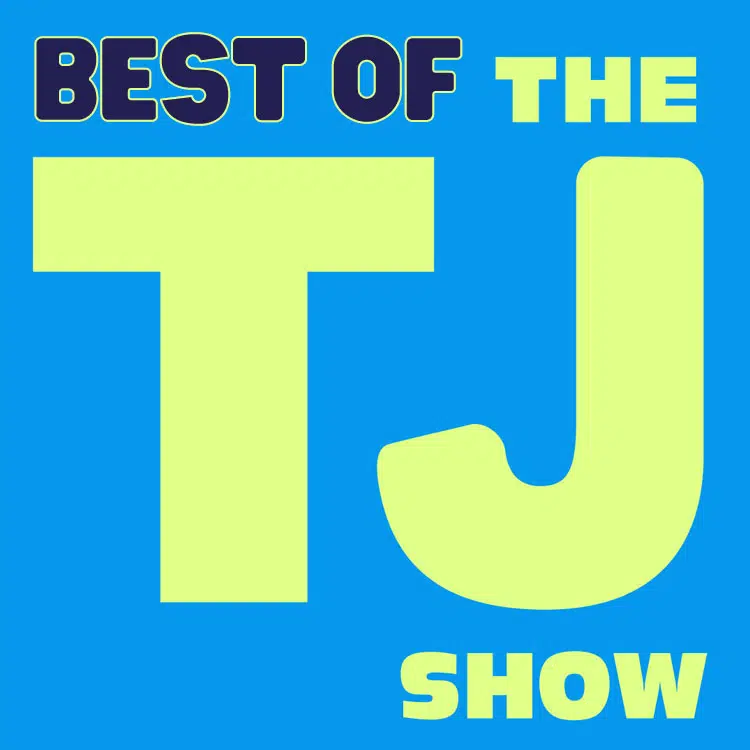By Ahmed Aboulenein, Julie Steenhuysen and Michael Erman
WASHINGTON (Reuters) -Researchers at the U.S. National Institutes of Health have been told they cannot attend scientific conferences and meetings without official permission, even if they pay their own way and go during time off, three current and former NIH scientists told Reuters.
The policy was communicated verbally by managers in at least three of the NIH’s 27 institutes and centers but not put into writing, the three sources said. It covers all scientific meetings including conferences, workshops and investigator meetings even if they are local or free, they said.
“We may not attend a conference even if we pay our own way and use personal leave. Even if we don’t use our (NIH) affiliation. What one does on their own time is not anyone else’s business,” said one currently employed NIH scientist who requested anonymity for fear of reprisal.
Virtual attendance is allowed, the same scientist was told, but not all conferences and events have that option.
The NIH and the Department of Health and Human Services did not respond to requests for comment.
The administration of President Donald Trump issued written guidance on February 26 to NIH staff prohibiting official travel for 30 days, including for scientists participating in conferences to present or learn about scientific data, according to an internal notice seen by Reuters.
The policy was part of a wider moratorium on external communications that also included meetings with research grant recipients. It comes amid Trump administration directives to freeze billions of dollars in NIH funding and cut 1,200 of the agency’s staff.
The external communications policy was never formally extended but two of the sources say they were told it remains in place.
NIH scientists say attending conferences helps them determine whether outside researchers are on track with federally-funded studies. They provide a meeting point where discussions of and proposals surrounding future research takes shape.
Dr. Josh Fessel, former director of NIH’s Office of Translational Medicine at the National Center for Advancing Translational Sciences, said he recently attended a conference on a rare disease that traditionally would have been attended by NIH scientists. This time, none were there in person.
“Conferences are where you can hear and can present the newest cutting-edge science; the stuff that hasn’t been published yet,” he said. “It was quite a blow to the morale of the patients, families, and other scientists in attendance.”
(Reporting by Ahmed Aboulenein in Washington, Julie Steenhuysen in Chicago, and Michael Erman in New York; Editing by Michele Gershberg and Bill Berkrot)






Comments